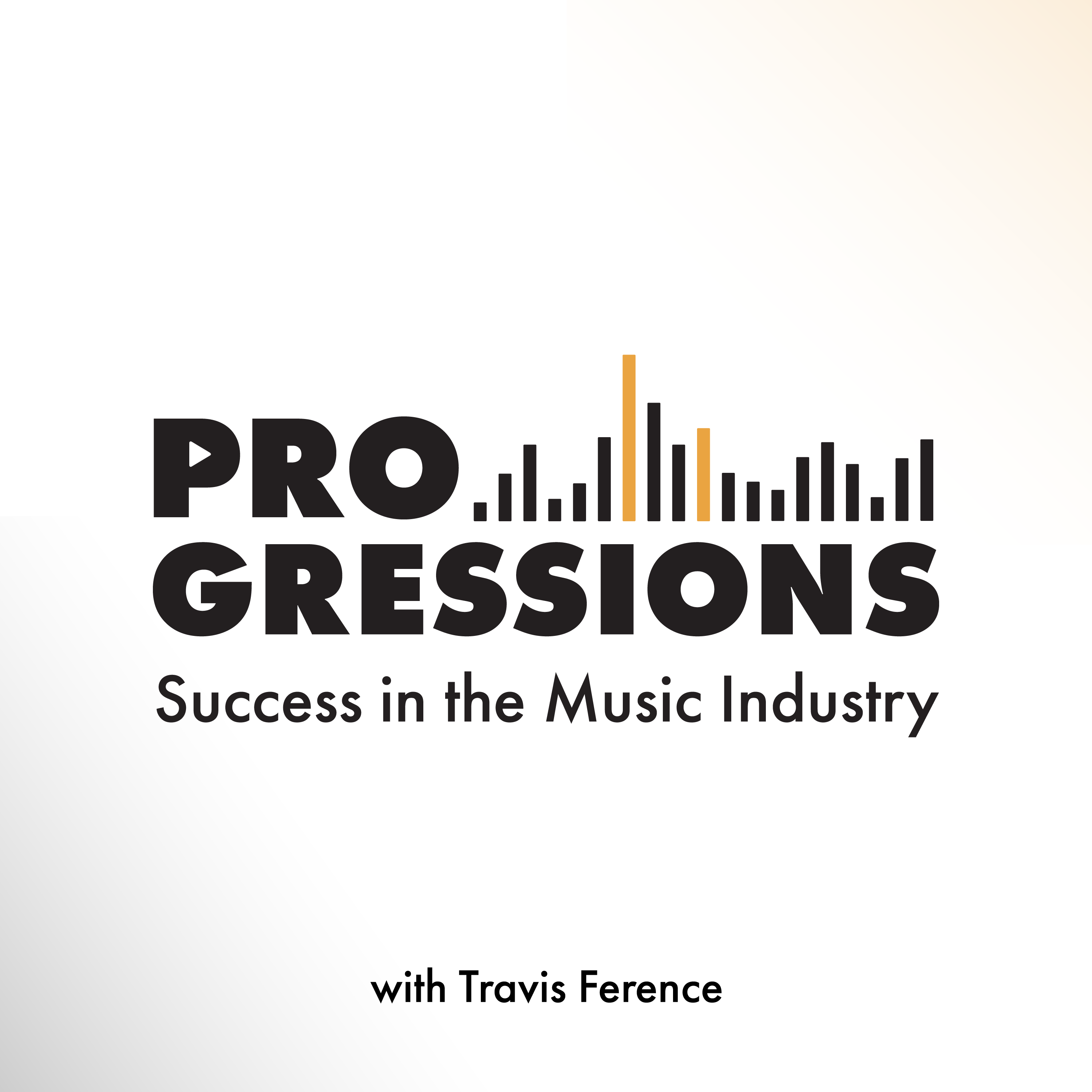5 Habits that Will Put You Ahead of 99% of the Music Industry
In this episode Travis breaks down the five productivity tips that help him find work life balance and still deliver on a high level for his clients.
In this episode, you’ll learn about:
- The Importance of Planning
- How to Beat Task Overwhelm
- The Secret to Operating at Your Highest Level
- Why Your Calendar Is Your Super Power
- Deep Work
⬇️ FREE 2025 PLANNING WORKSHOP ⬇️
https://www.travisference.com/2025plan
📺 WATCH THE SHOW ON YOUTUBE 📺
https://www.youtube.com/@progressionspod
Connect with Me:
📬 Newsletter: https://www.travisference.com/subscribe
📸 Instagram: https://www.instagram.com/progressionspod
🎵TikTok: https://tiktok.com/@progressionspod
🐦 Twitter: https://twitter.com/progressionspod
🌐 Website: https://www.travisference.com/
🙏 Leave a Review or Rating 🙏
Apple: https://www.progressionspodcast.com/apple
Spotify: https://www.progressionspodcast.com/spotify
📢 Our Sponsors 📢
Listen to Secret Sonics!
Sign Up for Complete Producer Network!
Credits:
Guest: N/A
Host: Travis Ference
Editor: Travis Ference
Theme Music: inter.ference
Transcript
If there's one thing that will keep you working in the music industry, it's following
Speaker:through on your word, aka getting
Speaker:done. And this video will help make sure that happens. Whether you're a
Speaker:full time audio professional already or working to get there,
Speaker:these five productivity tips will help you hit your deadlines and balance your
Speaker:life.
Speaker:Welcome back to the show. I'm Travis Farents, a Grammy nominated blah, blah, blah doesn't
Speaker:really matter for this one. What matters for this one is I work three days
Speaker:a week and I probably mix close to 200 songs a year while doing this
Speaker:podcast and YouTube channel and being a dad. There's a common
Speaker:misconception that hard work is better work and that if you're
Speaker:always working, then you must be productive. Now,
Speaker:there's no denying that putting hours of hard work in will get things
Speaker:done, but that definitely doesn't mean that you're productive. I've had seasons in my life
Speaker:where I cranked 18 hours days regularly, and they definitely helped me learn a lot
Speaker:and build my career to where it is today. But eventually, it's
Speaker:just not sustainable. And even if it was, are you really
Speaker:doing your best work on hour 17? So before we dive into these, I
Speaker:have to say that I am fully a productivity nerd, but I am also
Speaker:not perfect at times. I've taken these productivity hacks so far
Speaker:that I think they've actually made me less productive. But these five tips
Speaker:have proven to help me every time when I do them, and
Speaker:that's the key. You've got to do this stuff. If you can't
Speaker:sit here and commit to actually trying these things, then you should probably just click
Speaker:on to whatever the latest plugin review is. So with that,
Speaker:onto the five tips that I do every day that help me
Speaker:deliver for my clients. First up, have a plan.
Speaker:Nothing says failure to launch like walking into your studio with no
Speaker:clue what you're gonna do that day. When I sit down at the computer without
Speaker:a game plan, I immediately find myself in my email or
Speaker:down some rabbit hole checking out some piece of gear or productivity trick,
Speaker:which is pretty ironic, right? But my most
Speaker:productive days start the day before I try to stay in the habit of
Speaker:having a shutdown routine to help me close out my day. And part of that
Speaker:routine is to look at what I was trying to get done that day and
Speaker:decide what I need to focus on for the next day. And the bonus to
Speaker:this is that it helps keep overwhelm at bay when you've
Speaker:got an open loop, like not knowing when you'll find time to finish something.
Speaker:Then you have this constant layer of stress just wearing you down
Speaker:a little bit minute by minute. But if you
Speaker:end your day by planning the next, you can rest easy that
Speaker:night knowing that you've made time for everything. The last piece
Speaker:of the have a plan equation is that you need to know what your priorities
Speaker:are. And remember that priorities are not always goals. Goals
Speaker:are often more long term. Example, one of my goals right now
Speaker:is to hit ten k subs on this channel,
Speaker:but that's not a priority. I have a priority based on that goal,
Speaker:which is to put out the best content I can once a week. Now
Speaker:this is a good time to pause the video and ask yourself, what are
Speaker:my top three priorities? And more importantly, are they reflected
Speaker:on your calendar? How would they be reflected on your calendar, you ask? Well, because
Speaker:you do some form of time blocking, right? Which is our second tip.
Speaker:Time blocking is the act of putting actual blocks of time in your calendar
Speaker:for specific tasks or projects, essentially planning your day
Speaker:from start to finish based on what you need to get done. Now, from my
Speaker:experience, it is possible to overdo this and also very possible to
Speaker:underdo it. I've tried going over the top blocking five minute intervals and
Speaker:entering stuff like drive time or lunch into my calendar. When I went that far,
Speaker:I found that I was mostly just wasting time physically entering all of these
Speaker:things. And on the other side of that, I've put general blocks in my
Speaker:calendar for 4 hours that just say podcast, and I find that leads
Speaker:to very little forward progress because it's so vague.
Speaker:When you time block, it has to at least be specific enough for you
Speaker:to know what you're supposed to do during that block. Now, there is a
Speaker:huge caveat to time blocking though, which is that you need to
Speaker:understand how long things take you. Otherwise you'll be planning an
Speaker:unrealistic day. And that's pretty self defeating when you never get what you need to
Speaker:get done. I've spent years running a timer while doing projects, so I have a
Speaker:pretty good idea of how long things take me. Let's look at a mix. For
Speaker:example, I know that I need about 6 hours, give or take, to get a
Speaker:solid first mix ready to go out to the client. I'll typically break that up
Speaker:into two days, probably two three hour blocks. And do things take
Speaker:longer? Sometimes, definitely regularly. But
Speaker:rarely do they take double or triple my expectations. A couple hours here
Speaker:or there is easy enough to manage if you're doing some kind of
Speaker:end of day planning routine. Now, the answer to why time blocking
Speaker:works lies in Parkinson's law, which states that
Speaker:work expands to fill the time available for its completion. This is
Speaker:essentially why we're always racing to hit a deadline, even if the project has
Speaker:been going for weeks. If you don't set bounds on the work,
Speaker:it'll drag on. I experienced the power of setting time bounds
Speaker:firsthand when my daughter was super young. You'd be surprised how much
Speaker:you can get done during a two hour infant nap if you set out with
Speaker:a plan for that time. So, to summarize, if you understand your time and
Speaker:block things in your calendar properly, then you can avoid overcommitting yourself.
Speaker:And when you get really good at time blocking, schedule yourself some
Speaker:downtime, which is our third tip. If you want to be more
Speaker:productive, then you've got to be operating at your best.
Speaker:The only way to do that is to actually take time off to
Speaker:rest. If you push yourself to the limit every day, I
Speaker:guarantee that you are not getting work done as fast or as well as you
Speaker:could if you weren't. This quote from Greg McKeown is a pretty good rule
Speaker:of thumb. Don't do more today than you can completely
Speaker:recover from tomorrow. I caught that in an interview he did with Matt D'Avella,
Speaker:I think, and they were discussing his new book, effortless, which was immediately added
Speaker:to my reading list. And in that conversation he brought up a concept that really
Speaker:resonated with me. He mentioned having not just a lower bound for
Speaker:the amount of work, but also an upper bound, basically a
Speaker:maximum. And he used an example from history, which was super interesting.
Speaker:Two teams of explorers racing to be the first to reach the South
Speaker:Pole. One, a british team who basically trekked as far as they
Speaker:could every single day, regardless of the weather. And a norwegian
Speaker:team who did no more than 15 miles every day,
Speaker:even if they were physically able to. So by having that upper
Speaker:bound, the norwegian team maintained a steady pace for
Speaker:the entire journey and ultimately reached the South Pole
Speaker:first, more than 30 days before the british team did. But more
Speaker:importantly, they also had the energy and stamina to
Speaker:return to their ship, unlike the british team,
Speaker:who never made it back from the South Pole. Now that's obviously an
Speaker:extreme example, but I think the point is pretty clear. In today's
Speaker:super connected world, it has never been more important to make sure that you are
Speaker:eventually done for the day. You need that upper bound so
Speaker:that you can go home and recharge. And by the way, leaving the
Speaker:studio and then checking your email on the couch all night, that doesn't
Speaker:count. That keeps your brain in work mode the whole time. And I'm super guilty
Speaker:of this. I often think about work long after I'm done, but I have
Speaker:found that when I'm diligent about doing my shutdown routine,
Speaker:I'm way more likely to actually be done working and be present for my
Speaker:family. So you've got to close those open loops for yourself. Which brings us
Speaker:to the next tip. Write things down. Now, it
Speaker:sounds basic, but we just don't really do it. Here's an example.
Speaker:What's the next thing you need to do for a current project? Who do you
Speaker:need to text back? What do you need to invoice for? What do you currently
Speaker:need from the grocery store? Okay, so how many of those things
Speaker:I just mentioned do you have written down? If you had all that bouncing around
Speaker:your head, then I'm guessing you also complain about having a hard time focusing.
Speaker:David Allen, one of the OG productivity authors, says it best with
Speaker:the mind is for having ideas, not holding them. Our brains
Speaker:might be super powerful, but psychologists suggest that they function best
Speaker:when only focusing on a few things, like two or three. So
Speaker:if you want to be more effective at everything you're doing, then you don't want
Speaker:to be storing every commitment and task you have in your mind.
Speaker:Get all those things down on paper, calendar, or in a task manager
Speaker:so that you can focus on the task at hand without your mind telling you
Speaker:to get milk on the way home. Anytime I'm feeling stressed and overwhelmed, it's
Speaker:usually because I need to do a huge task brain dump. Getting
Speaker:all that down into a database and then assigning a time to do it
Speaker:immediately relieves a ton of stress. So as you can
Speaker:see, this is where all these steps start to come together.
Speaker:If you're planning and in control of your schedule and you have a trusted to
Speaker:do list, it all starts to snowball into actually becoming
Speaker:more productive. And lastly, you've got to do
Speaker:focused work. If pro tools crashes, the first thing I
Speaker:do is grab my phone and start swiping,
Speaker:which is probably the worst thing I could do. I was in the zone
Speaker:and now I'm going to wander down 30 different rabbit holes. Here's a
Speaker:shocking statistic that I think will really hammer the importance of this home. It
Speaker:takes an average of 23 minutes to
Speaker:refocus after a distraction, so that computer glitch and
Speaker:swipe fest essentially just cost me a half hour, which is pretty
Speaker:crazy. So here's what you do. Don't check your email while you're in the
Speaker:middle of one of your work blocks. In fact, make a time block for
Speaker:checking email, because it is the ultimate distraction. Next,
Speaker:silence your phone. Better yet, leave it in another room or on the couch
Speaker:behind you. Now, a lot of people might say I can't silence my phone. What
Speaker:if my kids school calls or something like that? If you've got an iPhone,
Speaker:the focus modes are now customizable. They have been for a while. I have one
Speaker:called work. The only notifications that come through are from my
Speaker:wife, my parents, and the home security and babycam apps. Remember,
Speaker:99% of the notifications that pop up on your device are
Speaker:not urgent, and they can for sure wait until you are out of
Speaker:your deep work block. I mentioned earlier how much work I could get done during
Speaker:one of my daughter's naps. This is why I had so little focused work
Speaker:time then that I had to be sure that there were zero interruptions.
Speaker:So now that you're a more productive music professional, it is time to fast track
Speaker:your career. Shave a couple years off your journey with this video here.


